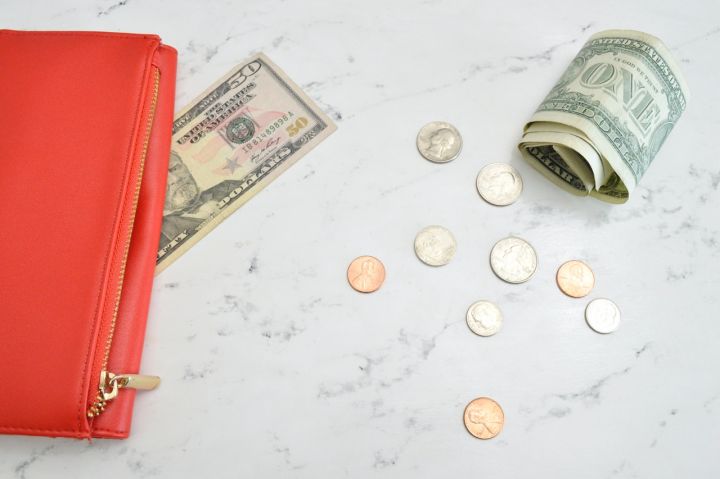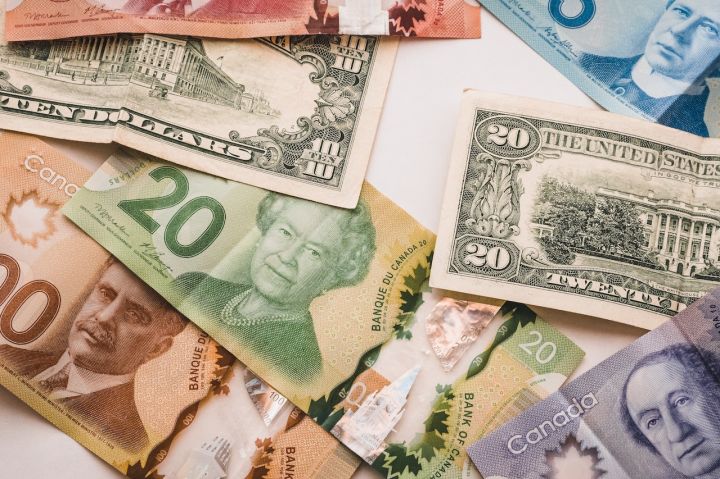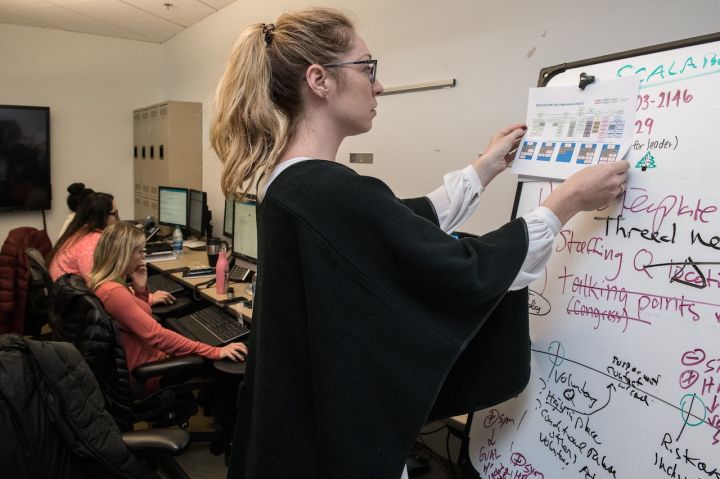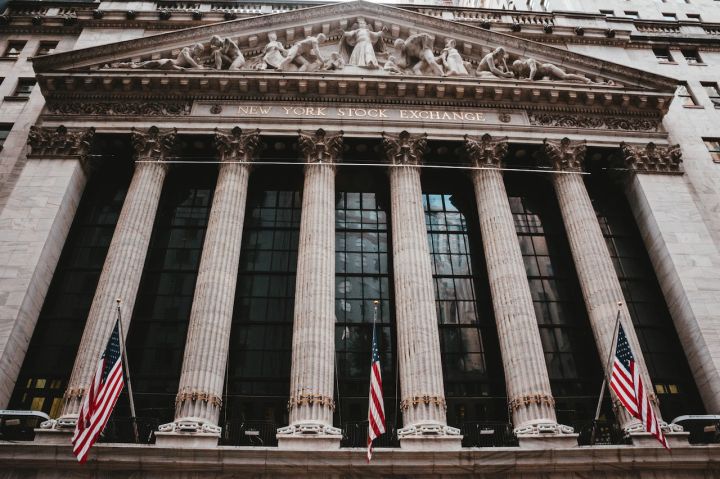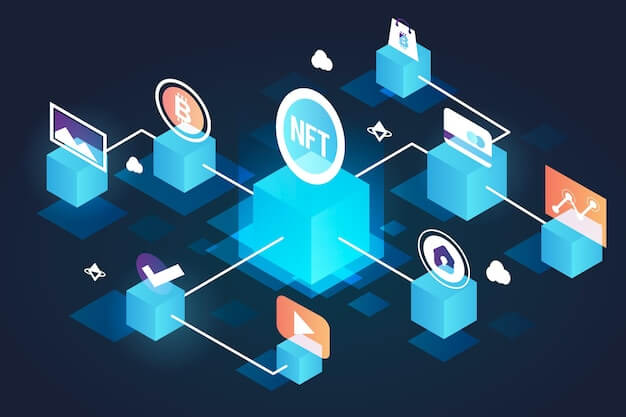Must know stock market bottom characteristics (version 2)
Personnel panic, call to consult incoherent, the scene customers extremely complained.
Meaning And Characteristics Of The Money Market
The money market is a market in which financial assets with a maturity of less than one year are traded.
Stock Market Manipulation Must Know The Characteristics Of The Bottom
All people in the market have lost confidence in the market and are extremely unpromising about the future.
Volume And Price Relationship Under The Stop And Go System
As the stop limit system limits the amount of stock up or down in a day, so that the energy of the long and short cannot be thoroughly ventilated, easy to form a unilateral market.
Purpose Of International Bonds And How They Are Issued
Generally speaking, countries use international bonds to raise funds for the following five main purposes.
What Is London Gold?
When it comes to gold, the media often talks about 'London Gold'. In short, it is 400 ounces of 99.5% pure gold bricks stored in the underground vaults of the City of London.
The Direct Impact Of a Stronger Us Dollar
The appreciation of the dollar has resolved a number of economic difficulties for non-US countries.
What Is The Procedure For Buying Open-End Funds?
Open-end Funds refers to listed open-ended funds that can be purchased and redeemed at designated outlets or bought and sold on the exchange after they have been issued.
Soros' Investment Secret Number Twelve
Soros has said that risk is vital to him, that it drives his adrenaline rush and that danger gives him a boost.
International Business of Commercial Banking
International trade and non-trade transactions that occur as a result of claims and debts are received and paid in currency and settled under certain forms and conditions, thus giving rise to the international settlement business.



